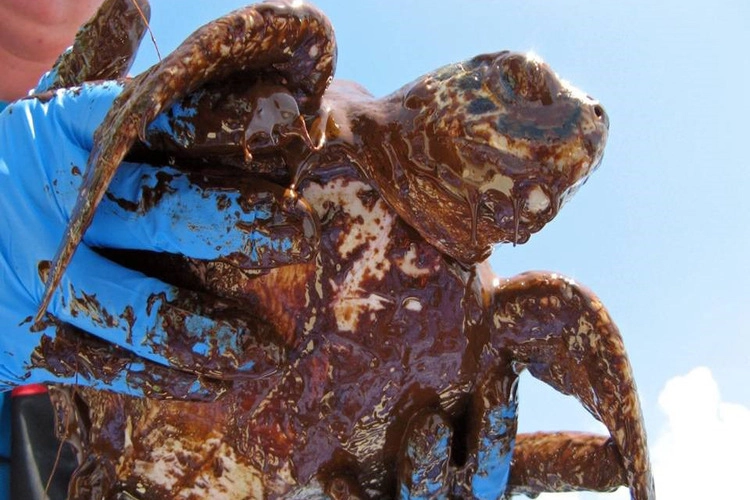
The proposed amendment to a statue of the ICC could mark a major milestone for environmental justice across the world
By
Ecocide: it’s a term that’s grown increasingly more prevalent in the last few years, and for good reason. An umbrella term used to describe any actions resulting in severe environmental damage – from oil and chemical spills to cutting down entire primary rainforests and destructing entire river systems – the effects of ecocide can devastate ecological systems and wildlife, and severely impact human health.
A recent survey conducted by Ipsos revealed 72 per cent of G20 citizens support the criminalising of environmental damage, and as more countries – including Vanuatu, Fiji and Samoa – now join the list of those processing legislations that recognise ecocide as a crime, it is the turn of the International Criminal Court (ICC) to consider if it should do the same.
The formal proposal to the ICC to make ecocide a crime was made by member state Vanuatu – an archipelago of 80 islands in Oceania – and co-sponsored by Fiji and Samoa. Back in 2019, Vanuatu was the first nation to call for the international recognition of ecocide.
Currently, the ICC is the only international tribunal that can prosecute individuals in positions of responsibility for genocide, crimes against humanity, war crimes, or crimes of aggression. The new proposal outlines that individuals who commit ecocide could be held criminally accountable – and if successful, ecocide would be the fifth international crime stipulated by the ICC.
‘Introducing ecocide as an international crime is crucial because it holds those in positions of superior responsibility—senior executives and policymakers—accountable for decisions that could lead to severe environmental destruction,’ said co-founder and CEO of Stop Ecocide International, Jojo Mehta.
‘The primary goal is ultimately protective: it’s deterrence. Criminal law creates powerful moral as well as legal boundaries, making it clear that extreme levels of harm are not just unlawful but totally unacceptable,’ Mehta continued.
Recently, landmark progress has been made in advancing legislation against ecocide, with countries including Mexico, Italy and Peru making steps toward official laws against environmental crimes. This year, Belgium introduced the national crime of ecocide, and the European Union included a ‘qualified’ offence in its newly revised Environmental Crime Directive to tackle ‘conduct comparable to ecocide’.
Related articles:
This post was originally published on this site be sure to check out more of their content.








